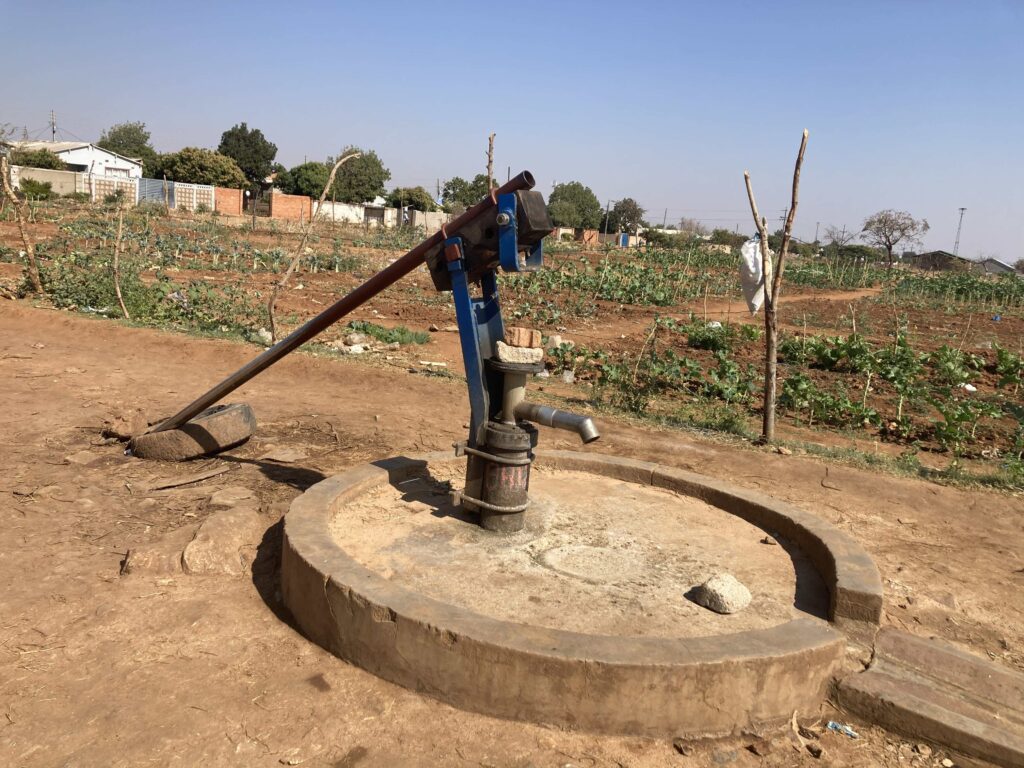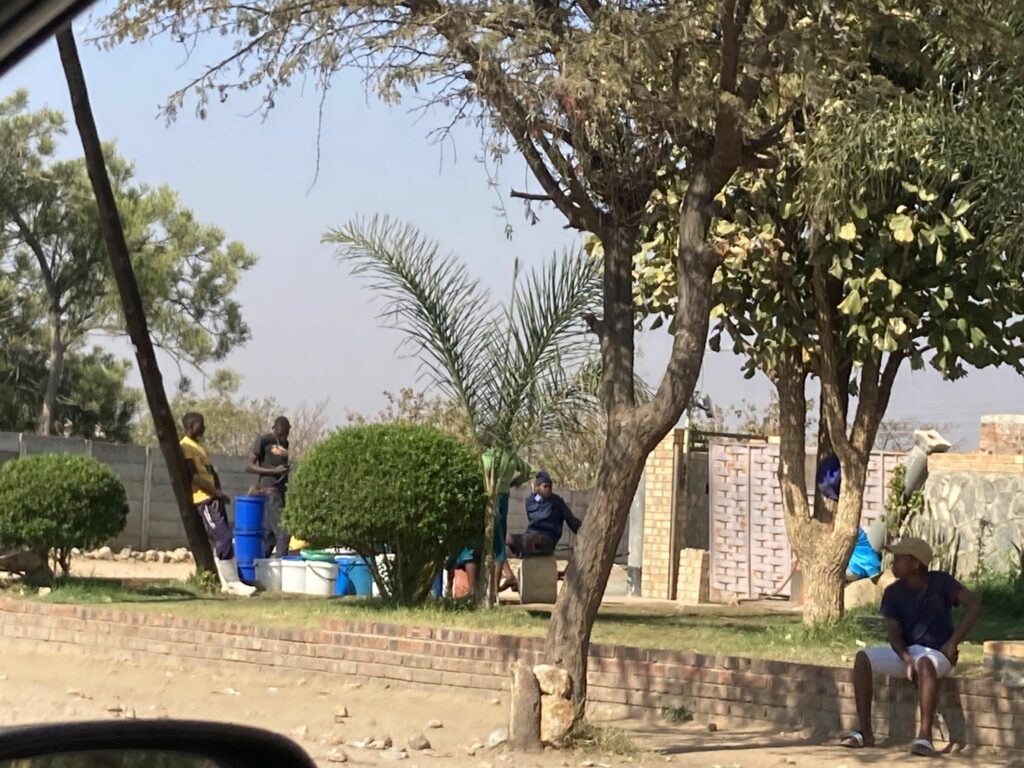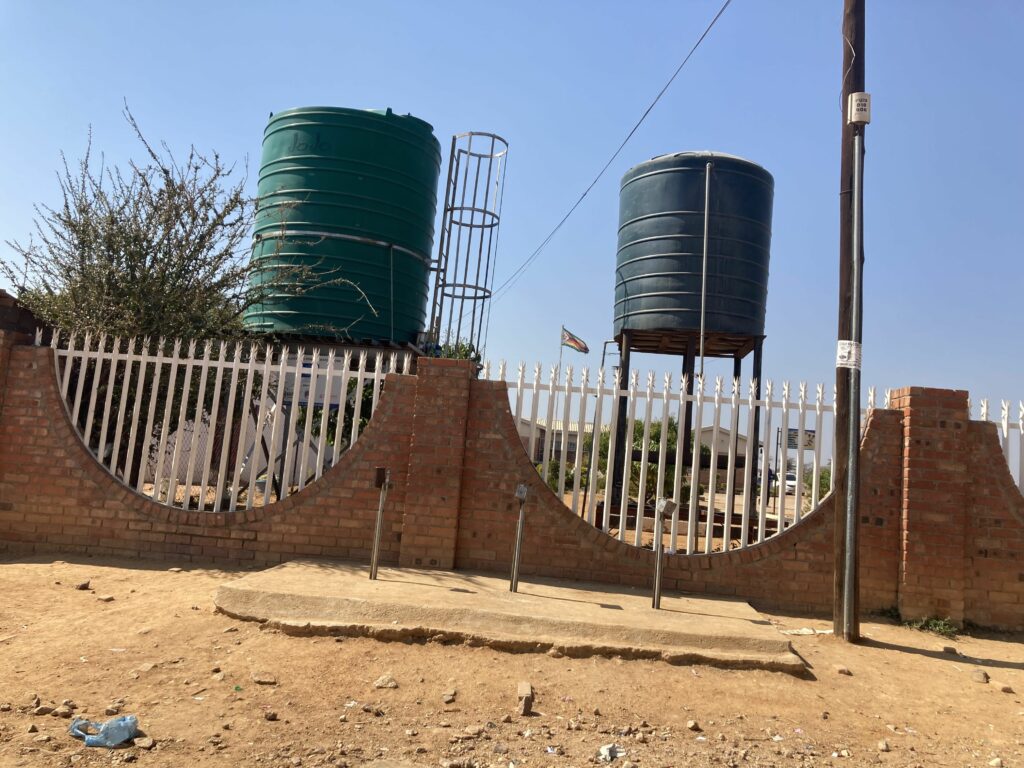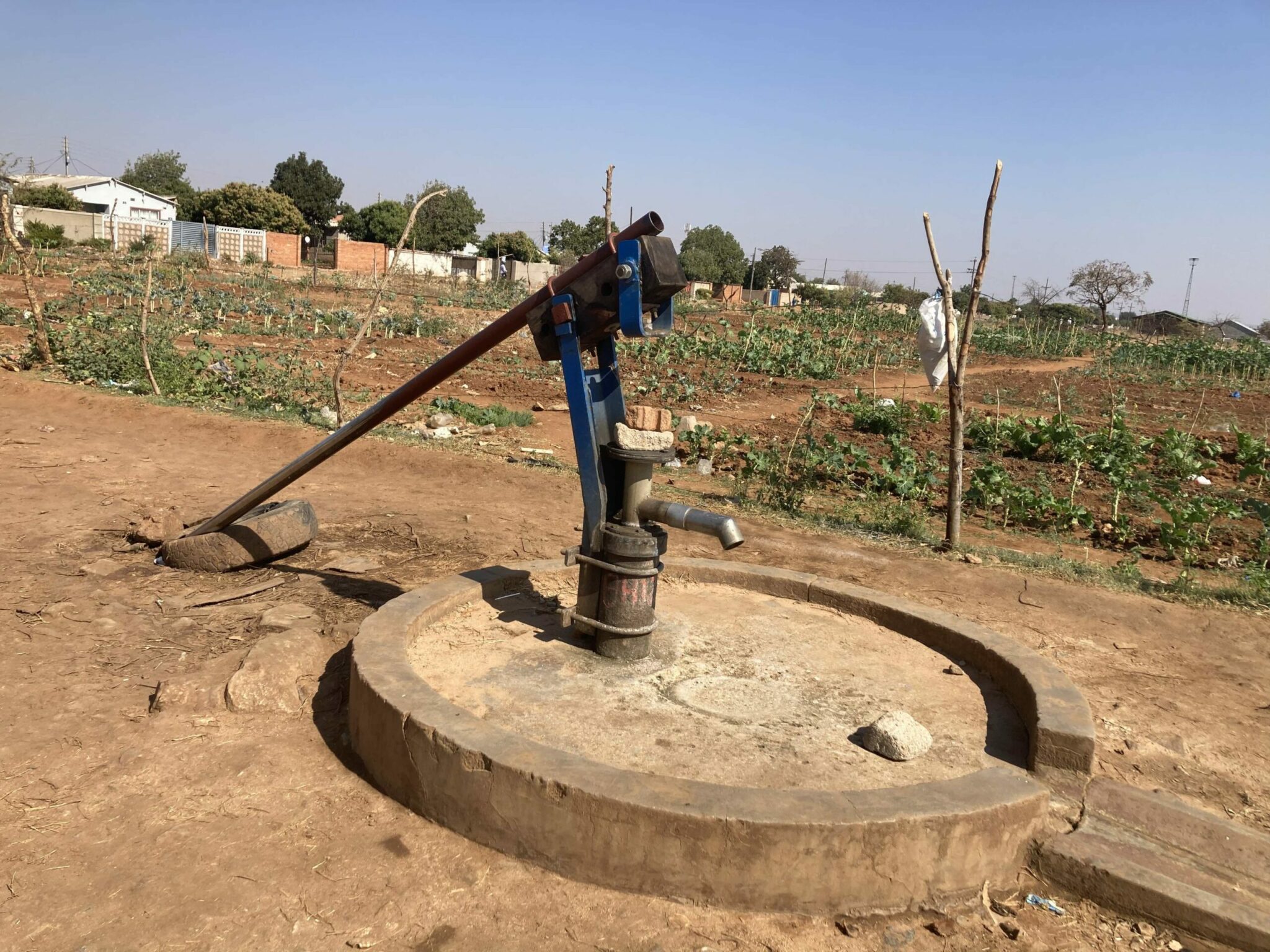Ward 27 residents in Pumula South, Bulawayo, are facing severe water challenges, having gone for two months without a regular supply.
The situation, already dire, has been exacerbated by the breakdown of the community borehole yesterday, leaving many households without any access to water.

The residents are enduring dry taps and the strain of buying water at US$1 for six buckets from those with private boreholes.

Although there is a water kiosk at Ngwalongwalo School, residents reported that the local authority does not consistently fill the water tanks. It was last filled last week and is now empty.

One of the affected residents, Thabani Khumalo, said that even though the local authority opens up water under the water schedule, the water does not reach their area.
“We have gone about three or four months without water. Every time they open the water, it doesn’t reach our area in Ngwalongwalo. At times, we only receive it for a few hours during midnight. At the moment, we are close to two months without receiving a drop of water,” he said.
Khumalo said the water challenge was worsened by a borehole that broke down yesterday.
“This borehole water is even salty; we can’t drink it. We survive on buying water for drinking. There is a vegetable garden here, so I am sure everything will dry up now.”
He said that at times, the councilor organizes a water bowser to deliver water to the residents, but they are limited to six buckets per household.
“Since it’s close to two months now, the bowser does not even come every day. It can go two weeks without delivering water. At times we are told the bowser is being used in road construction or it has a fault. That’s the challenge we face, especially now that the borehole we were surviving on also broke down,” said Khumalo.
He said that in past years, the residents used to survive on the open pits left by the city council when digging soil for road construction.
“People get baptized in that water, but we could take water for flushing toilets and even do laundry there. But since we didn’t receive rains this year, those pits are dry, and the borehole is broken down, no water in the tap. So we fear a cholera outbreak or any diarrheal disease; we are just in a health time bomb,” said Khumalo.
Another resident, Ms Mpala, narrated how the residents spent a year without water during the COVID pandemic.
“When we started staying here, we used to receive water normally, but over time we stopped receiving water. During the COVID time in 2020, we last received water around March and only received it in March the following year. We were surviving on fetching water from the open pits.”
“We now have two months without water. Even if they open the water, it doesn’t reach us. This has been worsened by the broken-down borehole. Buying water is US$1 for six buckets, of which we have big families. How much will we spend in a week? It’s really hard,” she said.
Ms Mpala called on the Bulawayo City Council (BCC) to assist residents with water. “They give us different information every time and say we are in a high-lying area.”
“The other challenge that we have noticed is those with water tanks. As long as their tanks are not full, we don’t receive water,” she said.
Meanwhile, Ms Mpala appealed for water delivery through water bowsers at least twice a week, as that will ease the situation.
“In the open pits, donkeys urinate there, people get baptized there; can the council make a plan for us?” she said.
Ward Councilor Lizzy Sibanda said she is aware of the problem.
“The City Council also knows about the issue. They had promised that the engineers will come and look into the issue. They are also saying we are in high-lying areas. They also say the water levels are low, so I really don’t know whether the water levels get low when it comes to Pumula South. It’s really bad in Pumula South,” she said.
Councilor Sibanda said she reported the broken-down borehole yesterday, “and they promised to fix it soon because I told them that’s where people survive.”

